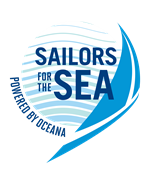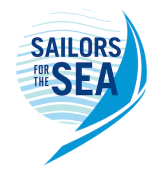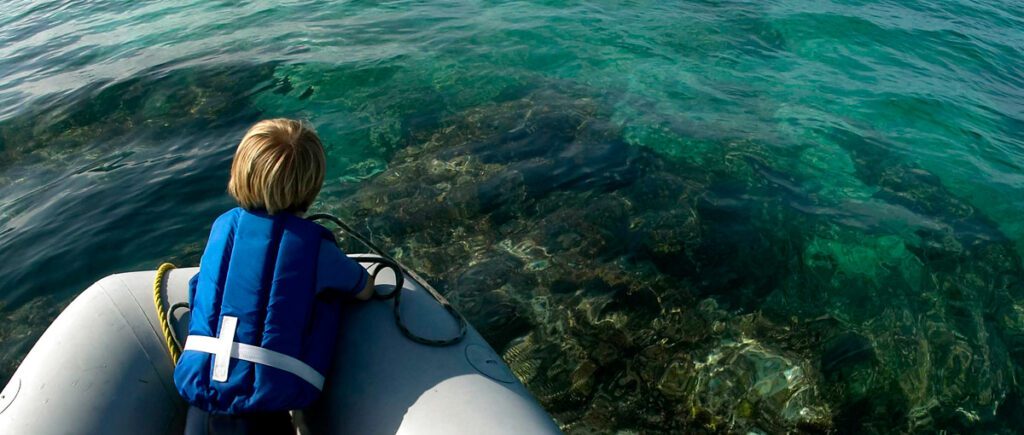Green Boating Guide
Keep our waters blue by boating green!
Uniting Boaters to Protect the Ocean
Boaters see firsthand many of the issues that our oceans face, including plastic pollution and oil spills. Join the Green Boater community to learn how to restore the health of our waterways.
An email will be sent with the downloadable guide.
What do you do with boating gear that has been outgrown or has reached its end life? There are many different ways to reuse or upcycle items to help reduce waste that may otherwise end up in the landfill or our oceans.
Help prevent damage to seagrass beds by taking proper precautions while navigating shallow waters.
Get your boat ready to launch, while being green doing it. Learn simple tips that will make a difference for your waterways.
When you go swimming, your sunscreen can wash off into the water, and some have chemicals that can harm marine wildlife. Learn about our top choices for eco-friendly SPF products.
Properly storing your boat for the winter will ensure that you protect the environment and are ready for on-the-water fun come springtime!
Proactively managing your vessel reduces harmful environmental impacts, and also extends the life of your engine and boat.
Prevent oils and other toxic chemicals from sneaking into the ocean by inspecting and maintaining your bilge.
Choosing the right battery for your boat and performing routine maintenance will ensure the optimal lifespan of your battery and will save you money.
Routine engine maintenance will ensure that your local waterways are protected and your systems are performing properly.
Observe responsible fishing practices to lessen your impact on fish populations and the surrounding aquatic environment.
Boaters can take simple precautions to prevent non-native plants and animals from spreading and causing harm to new habitats and native species.
Ensure that you have a memorable experience without disturbing marine wildlife by following a few simple guidelines.
Learn proper anchoring techniques to prevent damage to important ecosystems including coral reefs, seagrass and shellfish beds.
While preparing for or on vacation, there are many choices you can make to reduce your carbon footprint and impact on the environment.
Learn how to determine if the fish you are about to eat is sustainable.
Learn how to set up and provision your galley to be more efficient and environmentally friendly.
Sun, wind and water – all things we love as boaters – can also be a source of energy to help power our boats. Discover which technologies work best for your vessel.
How you maintain and drive your vessel has a large of effect on how much fuel you use – and how much money you can save!
This renewable, non-toxic, clean-burning fuel can be a great alternative to conventional diesel – and requires very few (if any) modifications for switching over.
Outboard engines have come a long way – learn about types motors that are both clean and cost effective to operate.
A carbon footprint is the total amount of greenhouse gases (including carbon dioxide) produced directly or indirectly by our activities and lifestyle. Learn how to calculate your boat’s carbon footprint, and ways to reduce and/or offset your impact.
Marine debris not only harms important habitats and wildlife, but also can cause damage to your boat. Prevent waste from entering our waterways by reducing plastic onboard.
Filling up fuel tanks is one of the most common ways that we unintentionally pollute our waters. However, with care, boaters can take steps to mitigate the risk of accidently spilling oil or fuel.
Deciding which cleaning product to use on your vessel can be daunting, but with the proper research and knowledge you can find a cleaner that is ideal for both your boat and the environment.
Untreated water from your onboard sinks and showers, and the wastewater from cleaning your boat with detergents is a major polluter of the marine environment. Learn how to prevent graywater from impacting your local waters and wildlife.
Many boats use copper-based bottom paints, which can harm aquatic wildlife. Learn about eco-friendly alternatives that will not only lessen your boat’s environmental impact, but may also save you money!
Do you know what to do if you spill oil or fuel into the water? Learn the steps to take in case of a spill and how to prevent it from spreading.
Sewage discharge from marine heads can cause significant damage to surrounding waters. Discover different ways to manage blackwater on your vessel and what regulations you may need to follow.




